Obesity
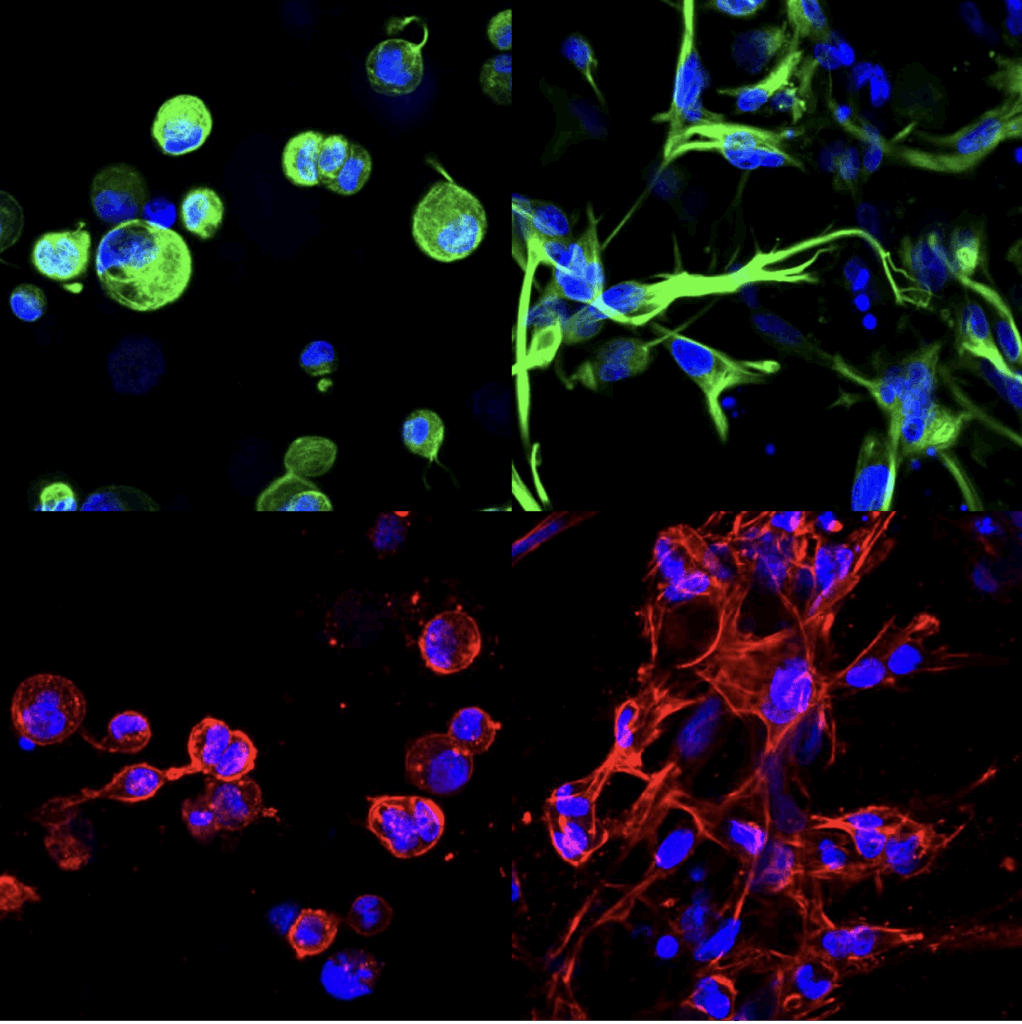
Overweight/obesity affects more than 70% of US adults creating an enormous health and economic burden, yet effective non-invasive treatments are limited. As part of a multi-PI ARPA-H project, we aim to develop an implantable device that provides temporal- and dose-controlled release of peptide satiety signals manufactured by implanted engineered cells. The eventual goal would be the development of a closed loop system with gastrointestinal (GI) hormone secretion to accelerate meal termination (i.e. enhanced onset of satiation) and promote weight control.
Acute burn trauma care
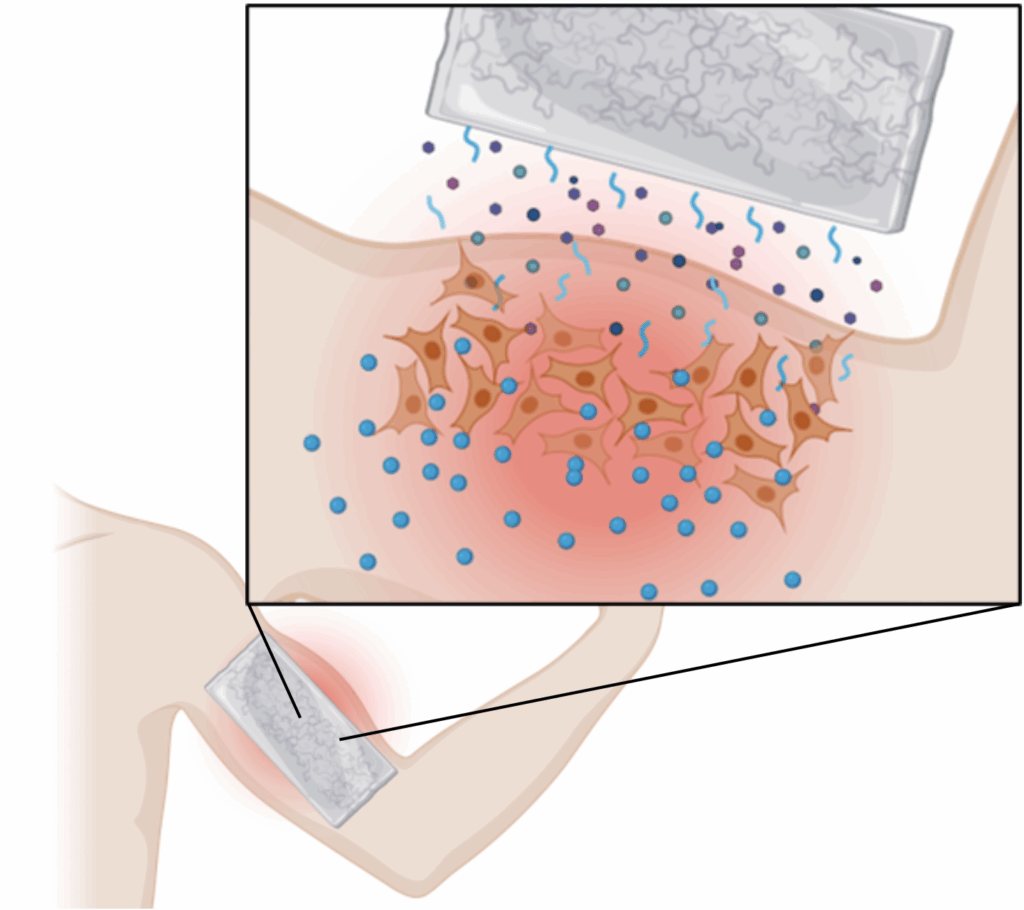
Burn injuries affect 11 million people every year worldwide, resulting in 180,000 burn-related deaths annually. Deep burn injuries can cause extensive damage to the skin, and underlying tissues, including vasculature, muscle, bone, and nerves. Such injuries are often characterized by a delayed healing process, increasing risk of infections and sepsis. Despite major advancements in burn care, there is a major need to develop novel strategies to significantly expedite the slow healing of deep burn injuries to ameliorate related morbidities and mortality. Our research leverages the powerful regenerative potential of the injured tissue by activating tissue-resident MSCs aiming to develop a cost-effective product to expedite wound healing, complementing current acute care protocols following deep burns and other deep tissue traumas.
Inflammatory bowel disease
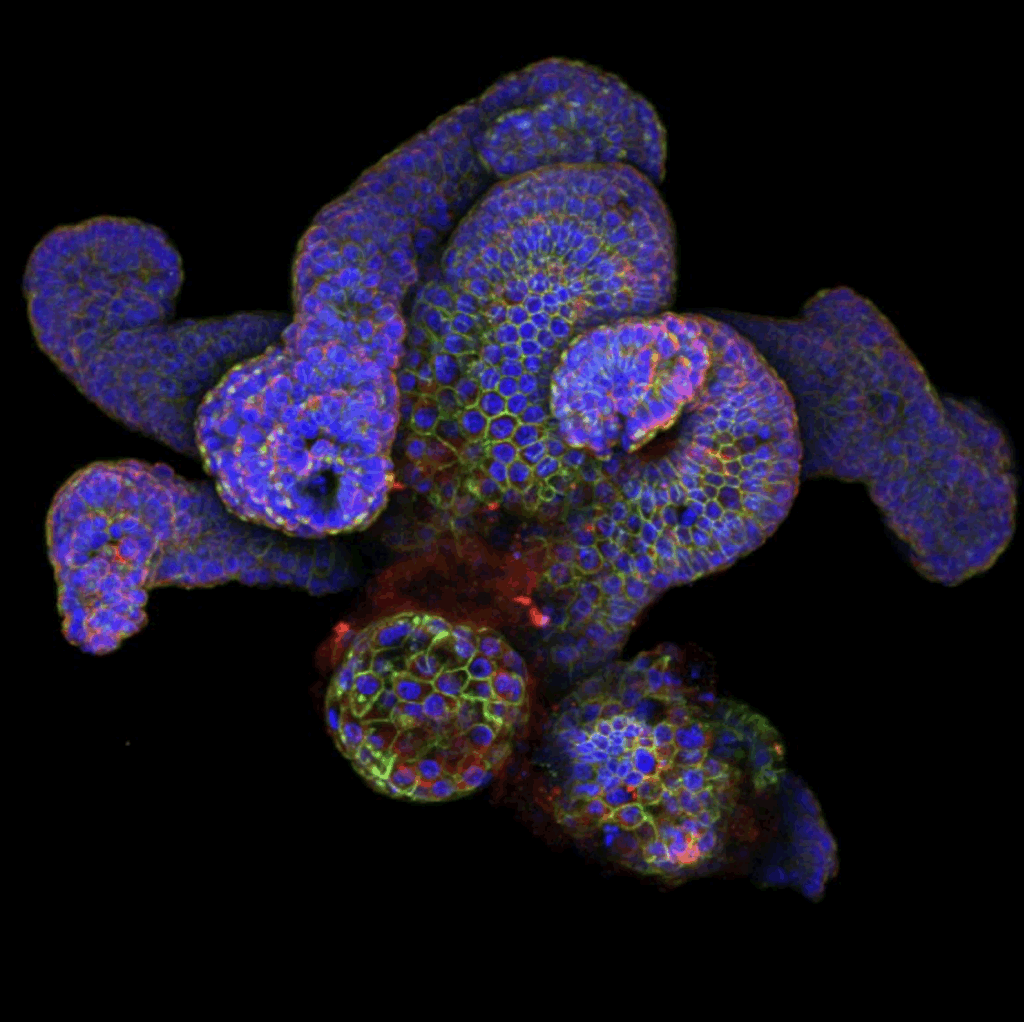
Inflammatory bowel disease is estimated to affect 1 in 100 people in the US. Current treatment strategies rely heavily on immune suppression, failing to address fundamental intestinal epithelial function issues. In our lab, we are using an AI-driven platform to pinpoint pathways and candidate compounds that enhance intestinal stem cell proliferation and differentiation.
Sensorineural hearing loss
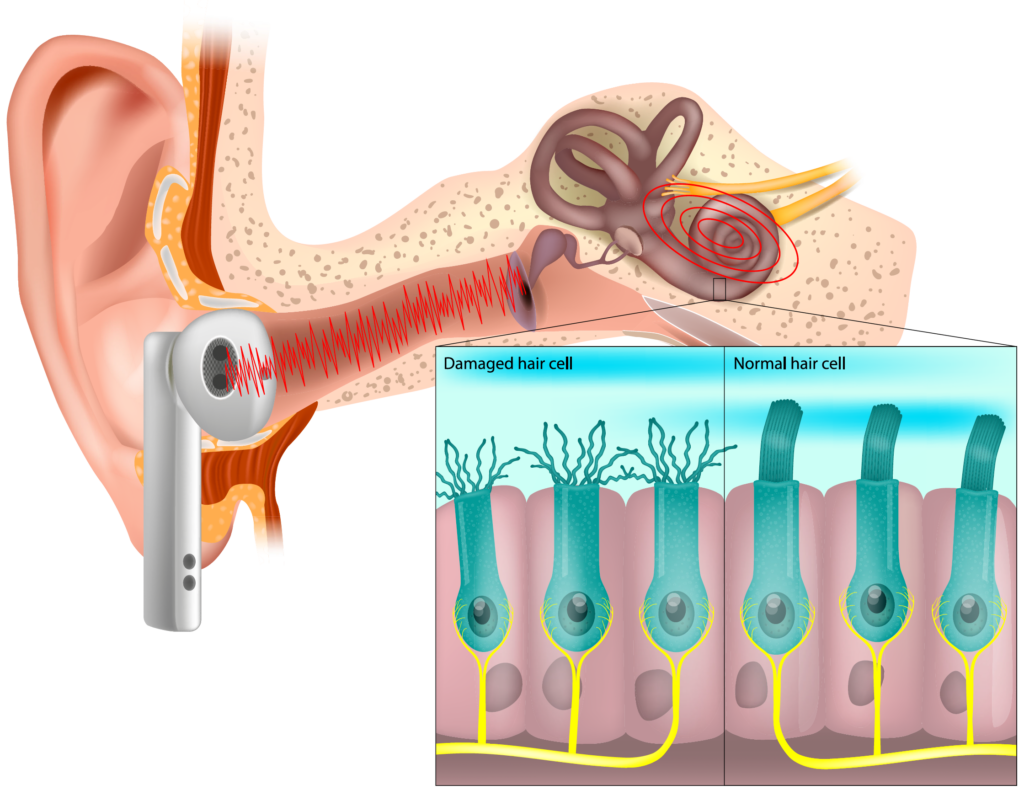
Sensorineural hearing loss, which is related to damaged inner ear hair cells, affects over 1 billion people worldwide, and is caused by exposure to noise, drugs and aging. There is currently no cure for sensorineural hearing loss (typically managed with hearing aids or cochlear implants) and no drugs available to induce hair cell growth. In our lab, we are focused on AI-assisted identification of drugs to regenerate inner ear hair cells and development of novel drug delivery platforms for hearing restoration.
Xerostomia (dry mouth)
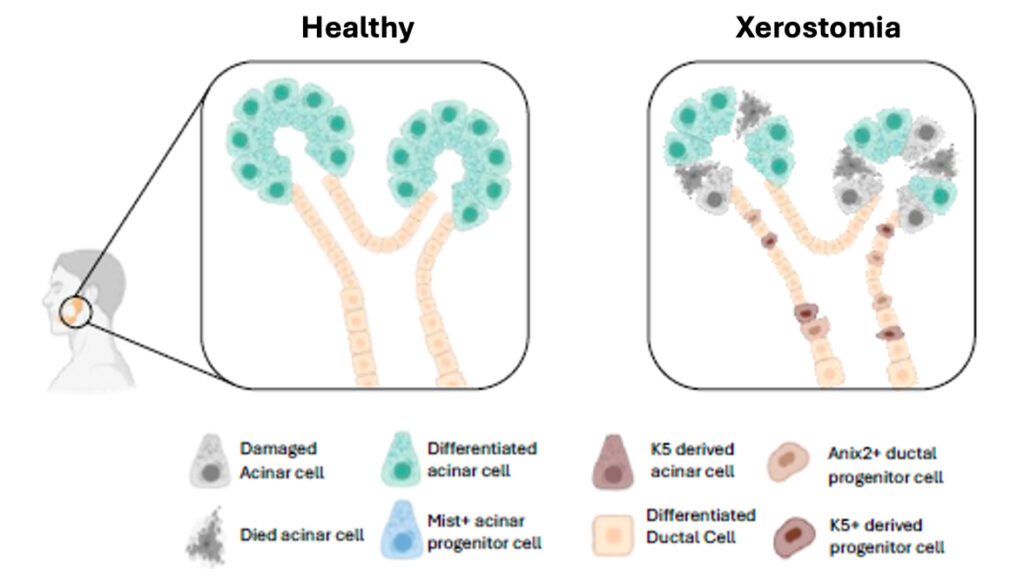
Xerostomia affects 2 billion people worldwide, and is caused by radiation therapy, certain drugs, Sjogren syndrome and aging. There are currently no effective or disease modifying treatments for dry mouth (saliva-inducing agents or saliva substitutes only provide temporary relief). There are also no reliable in-vitro models to evaluate drug efficacy. Our team is developing a clinically-relevant 3D model to evaluate AI-supported identification of drugs to rejuvenate salivary gland acinar cells as a strategy to treat dry mouth.

